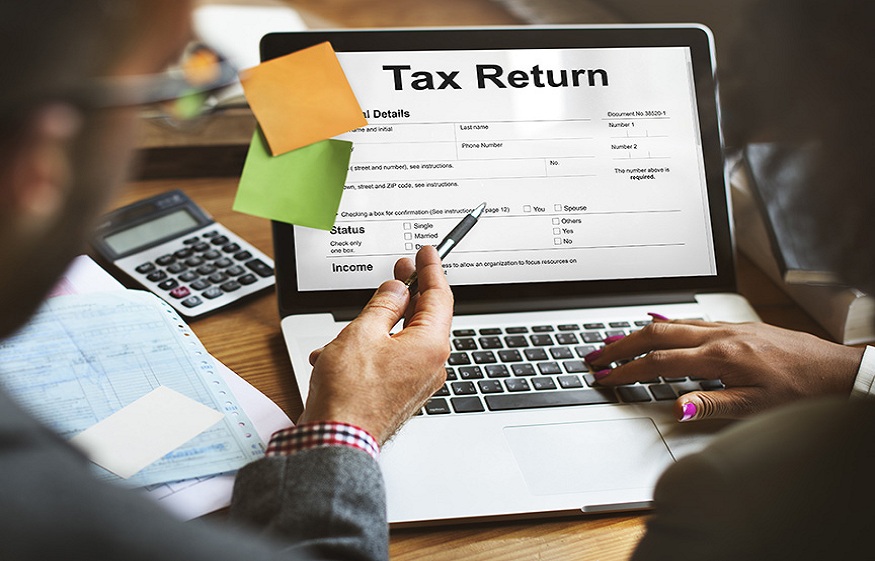4 Tips for Preparing Tax Returns
The tax declaration is the action by which a taxpayer, such as a company or an individual, declares its annual income and calculates the tax payable or the excess tax paid to the tax authorities using a prescribed form. .
Tax returns are not always easy to complete, however if the only amount to declare is a salary and you receive a T4 slip (relevé 1 in Quebec) for it, using software on your own may prove to be the solution. In all cases, good organization is essential to see the end of the tunnel. However, if you are not comfortable or your occupations do not allow you to prepare them yourself, you can always do business with a professional tax firm .
How to file a tax return?
Proper preparation is the key to filing your taxes. From the start of your operations or your first job, you must identify the type of declaration you will have to file and take note of the payment and filing dates that apply to your situation, in order to avoid penalties in case of missed deadlines. It is also important to regularly inform yourself about the different tax production rules since they undergo changes every year. Being aware of these changes will allow you not to be taken by surprise and to optimize your tax situation
To determine the different tax declarations to make, the ideal is to contact a team of tax professionals or approach the Canada Revenue Agency (CRA) and Revenu Québec (RQ) and request a tax kit. All income must be recorded. The most common tax declarations are as follows;
T1 (TP-1 in Quebec); income tax return to be filed by individuals
T2 (CO-17 in Quebec); income tax return to be filed by incorporated companies
T3 (TP-646 in Quebec); tax return to be filed by estates and trusts
T4 (Summary 1 in Quebec); salary declaration to be produced by employers
T5 (Relevé 3 in Quebec); investment income information return to be filed by corporations that pay income such as dividends and interest to their shareholders.
Regardless of the type of declaration, you will have to include a lot of information and you will benefit from being well prepared. Ideally, this work of compiling information should begin on day 1 of the period covered by the declaration. You should at least do the following actions:
Record all your income : salary, fee billing, rent, interest income, dividend income, etc. You must normally include all your earnings earned both domestically and abroad.
Identify all tax deductions and tax credits you may benefit from: deductions and credits vary depending on the type of income and taxpayer, make sure you have a good handle on your situation and if in doubt, during a particular event or If this is the first time, do not hesitate to call on a professional tax firm to ensure you optimize your situation and benefit from the tax advantages to which you are entitled.
Keep evidence ; be sure to obtain your tax slips and keep receipts and other evidence related to deductible expenses. Governments regularly conduct random audits on tax returns and if you are selected, you will need to justify the deductions and credits you claim. How long should you keep your documents? Read our blog that answers the question here !
Open your mail and update your personal data on the Canada Revenue Agency (CRA) and Revenu Québec (RQ), even if a preparer takes care of your returns; Many taxpayers encounter problems because they do not respond on time to communications from agencies. Little thing; sign up for email as well as direct deposit from the CRA and RQ to facilitate your payments and reimbursements. What to do if you receive a notice of assessment from the government? Read our blog that answers the question here !
To file your taxes without hiring a preparer, you have two options:
Online ; using preparation software recognized by agencies (ARC and RQ)
On paper ; using tax kits that can be obtained on agency websites
Get a consultation with a tax return specialist
What tax declarations are required?
Tax preparations for individuals (T1 and TP-1 in Quebec)
Virtually all individuals, Canadian tax residents, must file a tax return, although it is not obligatory, very few situations allow you to avoid it. In addition, several government social programs, for example the solidarity credit, rely on the annual income tax return to determine eligibility and the amounts that must be paid. Not producing, or producing late, will have impacts on these programs.











Post Comment
You must be logged in to post a comment.